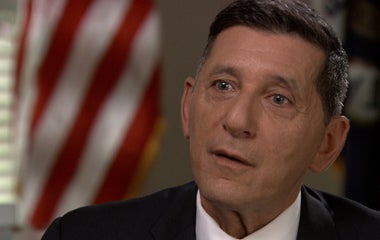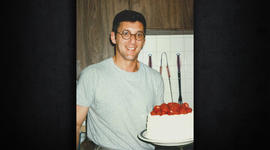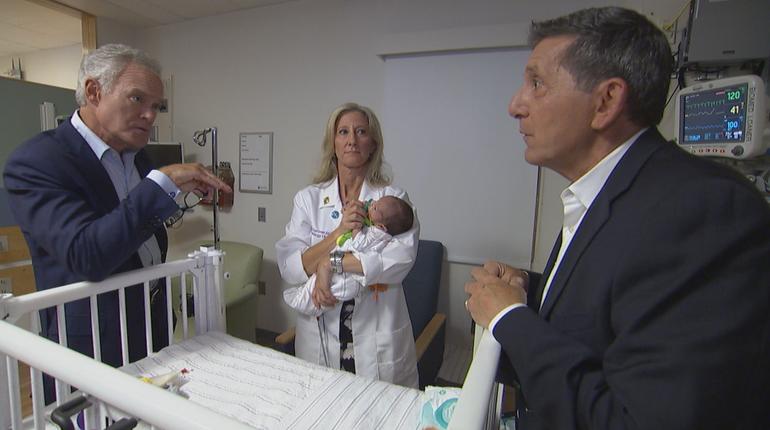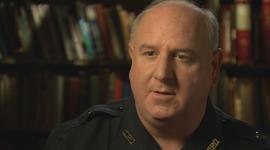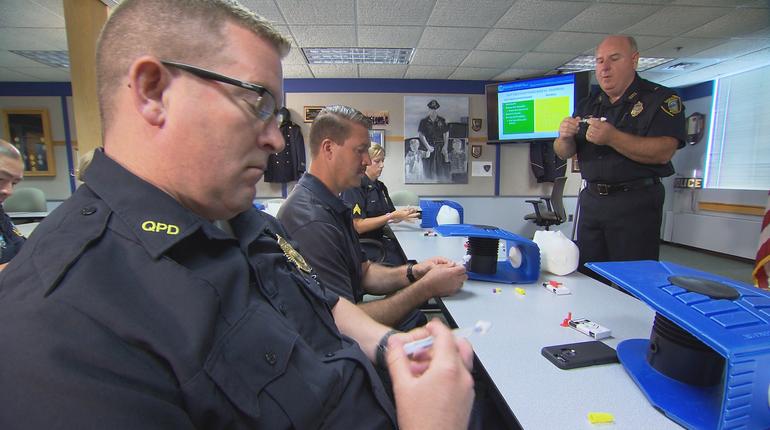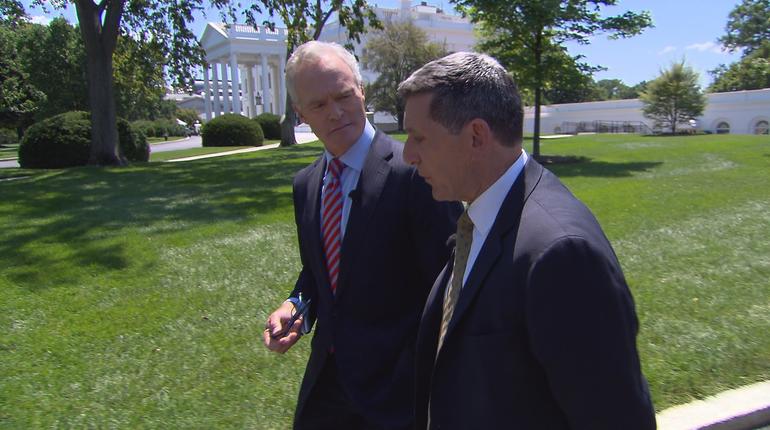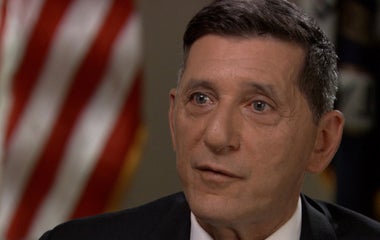The inherently unpredictable nature of gambling makes it hard for our brains to recover from the dopamine high it generates
Monday, 28. December 2015
Gambling blows your mind
The inherently unpredictable nature of gambling makes it hard for our brains to recover from the dopamine high it generates
I am a sucker for financial bubbles. The first stock I bought was Cisco Systems, in early 2000. It was the height of the dot-com bubble and Cisco was about to become the most valuable company in the world. Naturally my investment crashed too.
I’d like to say that I learnt from my dot-com disaster, but I didn’t. In late 2006 I began investing in blue-chip financial stocks, such as Citibank and Bank of America. At the time these companies were reporting record profits as they expanded into the sub-prime mortgage business. We all know how that turned out.
If there’s any consolation from my losses it’s that I wasn’t the only one. The current economic crisis is a by-product of collective failure, an example of terrible decision-making on a huge scale. Banks gave out loans to people who shouldn’t have taken them, consumers got used to spending money they didn’t have, regulators failed to regulate, and investors, appeased by ephemeral profits, failed to ask hard questions.
In retrospect we can see the profound foolishness of this behaviour. Yet it’s worth remembering that this is not the first time that the markets have gone haywire. The history of finance is largely a history of financial bubbles, from the tulip mania of 17th-century Holland to the South Sea Bubble of 18th-century England. Do we never learn? And, if not, why not?
The answer to these questions returns us to the human brain, in particular a single neurotransmitter in the brain – dopamine – that seems to play a crucial role in shaping the behaviour of investors. While dopamine is an essential ingredient of cognition – it helps us to process and predict rewards, from a bite of chocolate cake to stock market profits – this neurotransmitter system can also be led astray, with often devastating consequences.
Ann Klinestiver was a high school English teacher in a small town in West Virginia when she was found to have Parkinson’s disease. She was only 52, but the symptoms were unmistakable. “I lost control of my body,” she says. “I’d look at my arm and I’d tell it what to do but it just wouldn’t listen.”
Parkinson’s is caused by the death of dopamine neurons in a part of the brain that controls bodily movements. Klinestiver’s neurologist put her on a dopamine agonist, a class of drug that imitates the activity of dopamine in the brain. “At first, the drug was like a miracle,” she says. “All my movement problems just disappeared.” Over time, however, higher doses of the drug were required to quieten her tremors.
That’s when she discovered slot machines. It was an unlikely discovery. “I’d never been interested in gambling,” Klinestiver says. But after she started taking the medication she found the machines at her local dog-racing track completely irresistible. She would start gambling as soon as the track opened, at 7 in the morning, and would keep playing the machines until 3.30 the next morning, when the security guards kicked her out. “Then I would go back home and gamble on the internet until I could get back to the real machines,” she says. “I was able to keep that up for two or three days at a time.”
After a year of addictive gambling she had lost more than $250,000 (£176,000). She had exhausted her retirement savings and emptied her pension. “I knew I was destroying my life but I just couldn’t stop,” she says. In 2006, Klinestiver was finally taken off her dopamine agonist. Her movement problems came back but the gambling compulsion disappeared. And she isn’t the only one. Medical studies suggest that as many as 13 per cent of patients taking dopamine agonists develop severe gambling compulsions. People with no history of gambling suddenly become addicts. While most of these people will obsess over slot machines, others will become hooked on internet poker or blackjack. They will squander everything they have on bets that are stacked against them.
At first glance, slot-machine addiction seems to have nothing to do with financial bubbles. I was buying Citibank stock, not sinking quarters into a one-armed bandit. And yet, Klinestiver’s tragedy also reveals a serious flaw in the dopamine system. It’s a flaw that is constantly being exploited, from the casino floor to the stock market, and it’s ultimately rooted in the way that our brain cells make sense of the world.
Wolfram Schultz, a neuroscientist at the University of Cambridge, has exposed how the dopamine system works at a molecular level. His experiments follow a simple protocol: he plays a loud tone, waits for a second or two and then squirts a few drops of apple juice into the mouth of a monkey. While the experiment is unfolding, Schultz monitors the electrical activity inside individual cells. At first the dopamine neurons fire only when the juice is delivered; the cells are responding to the actual reward. However, once the animal learns that the tone precedes the arrival of juice, the same neurons begin firing at the sound of the tone
instead of the reward. Schultz calls these cells “prediction neurons” since they are more concerned with predicting rewards than receiving them. Once this pattern is memorised, the monkey’s dopamine neurons become exquisitely sensitive to variations on it. If the cellular predictions are correct, and the reward arrives right on time, then the primates experience a brief surge of dopamine, the pleasure of being right
Games of chance prey on this neural system. Think, for instance, about how a slot machine works. You put in a coin and pull the lever. Eventually, the machine settles on its verdict. Since slot machines are programmed to return only about 90 per cent of wagered money, the chances are you lost money. Now think about the slot machine from the perspective of your dopamine neurons. The purpose of these cells is to predict future events. While you are playing the slots, inserting quarter after quarter, your neurons are struggling to decipher the patterns inside the machine.
But here’s the catch: while dopamine neurons get excited by predictable rewards – they increase their firing when the juice arrives after the loud tone – they get even more excited by surprising ones. The purpose of this dopamine surge is to make the brain pay attention to new, and potentially important, stimuli.
Most of the time the brain will eventually get over its confused delight. We will figure out which events predict the reward, and our dopamine neurons will stop releasing so much neurotransmitter. The danger of slot machines, however, is that they are inherently unpredictable. Because they use random number generators, there are no patterns to uncover.
At this point, our dopamine neurons should simply surrender: the slot machine is a waste of mental energy. But this isn’t what happens. Instead of getting bored by the haphazard payouts, our dopamine neurons become obsessed. When we pull the lever and get a reward, we experience a rush of pleasure precisely because the reward is so unexpected – the clanging coins are like a surprising squirt of juice. The end result is that we are transfixed by the slot machine, riveted by the fickle nature of its payouts.
For patients with Parkinson’s who are on dopamine agonists, the surprising rewards of the casino trigger a huge release of chemical bliss. Their surviving dopamine neurons are so full of dopamine that the neurotransmitter spills over and pools in the empty spaces between cells. Such patients are so blinded by the pleasures of winning that they slowly lose everything. That’s what happened to Klinestiver.
The lesson of slot machines is that our brain is not good at dealing with randomness, which leads us to search for patterns where there is only accidental chance. Look, for instance, at the the stock market. Economists refer to the stock market as a “random walk” since the past movement of any particular stock cannot be used to predict its future movement. In this sense, Wall Street is like a slot machine.
The danger of the financial markets, however, is that their erratic fluctuations often look predictable, at least in the short term. Our dopamine neurons are determined to solve the flux – but most of the time there is nothing to solve. Read Montague, a neuroscientist at Baylor College of Medicine who studies the dopamine pathway, recently demonstrated how an urestrained dopamine system can lead, over time, to dangerous stock-market bubbles. The experiment went like this: subjects were given $100 and some basic information about the “current” state of the stock market. Then they chose how much of their money to invest. After making up their minds the players nervously watched as their stock investments either rose or fell in value. The game continued for 20 rounds, and the subjects got to keep their earnings. One interesting twist was that, instead of using random simulations of the stock market, Montague relied on distillations of data from famous historical markets, such as the Dow of 1929, Nikkei of 1986 and the Nasdaq of 1998. This let the scientists monitor the neural responses of investors during real-life bubbles and crashes.
How did the brain deal with the fluctuations of Wall Street? The scientists immediately discovered a strong neural signal, emanating from dopamine-rich areas of the brain, that seemed to be driving many of the investment decisions. Take, for example, this situation. A player has decided to wager 10 per cent of his total portfolio in the market, which is a rather small bet. Then, he watches as the market rises dramatically in value. Here’s where the experiment gets interesting: because our dopamine neurons are obsessed with predicting rewards they start making predictions about what will happen next. Since the market has just gone up, these cells assume that it will continue to go up, which led the investors to perpetually increase their investments. The end result was an escalating feedback loop of dopamine as the brain made reward predictions – the market will continue to rise – and then watched as those predictions came true.
Montague argues that these dopamine neurons are also a main cause of financial bubbles. When the market keeps going up, people are naturally led to make larger investments in the boom. (This is precisely what happened to me when I bought shares in Cisco and Citibank.) Their greedy brains are convinced that they have solved the stock market, and they forget about the possibility of a loss. But then, just when investors are most convinced that the bubble isn’t a bubble, the bubble bursts. At this point investors race to dump any assets that are declining in value as their neurons realise they have made some expensive prediction errors. That’s when you get a financial panic.
The lesson, and it’s a lesson that I’ve learnt the hard way, is that it’s silly to try to beat the market with our brains. Dopamine neurons weren’t designed to deal with the oscillations of Wall Street. When we spend lots of money on investment management fees, or sink our savings into some hot hedge fund, or buy shares in companies because everybody else is buying them, we are slavishly following our primitive reward circuits, just like a gambler losing a fortune in a casino. That’s why a randomly selected stock portfolio will, over the long run, beat the expensive experts with their fancy computer models. Or why the vast majority of mutual funds in any given year will underperform the S&P 500.
Because the market is a random walk with an upward slope, investors who do nothing to their stock portfolio – they don’t buy or sell a single stock – outperform the average “active” investor by nearly 10 per cent. Wall Street has always searched for the secret algorithm of financial success, but the secret is that there is no secret. The world is more random than we can imagine. That’s what our brain is unable to understand.
Jonah Lehrer is a science writer and the author of Proust Was a Neuroscientist. His new book, The Decisive Moment: How the Brain Makes Up Its Mind, is published by Canongate.
Comments Off


